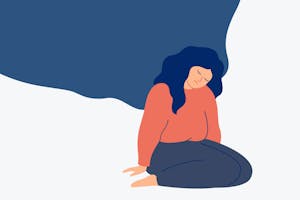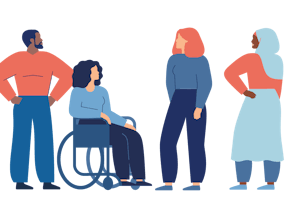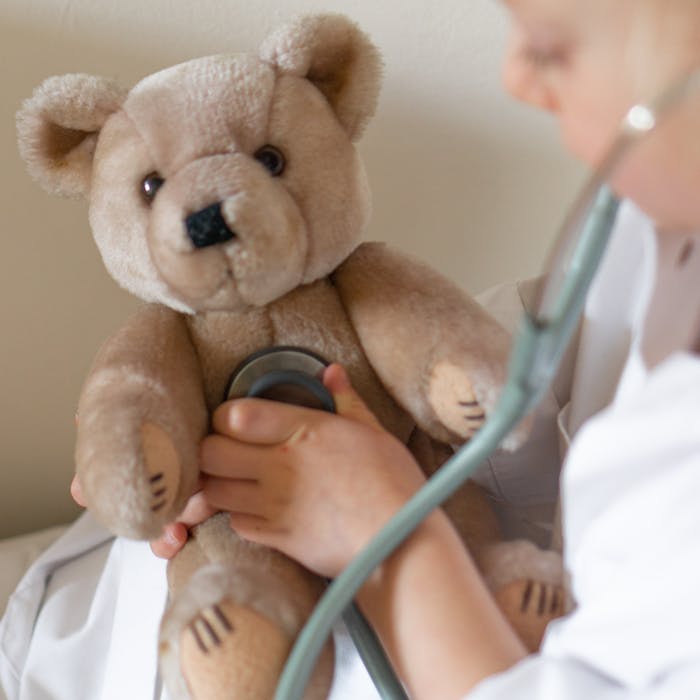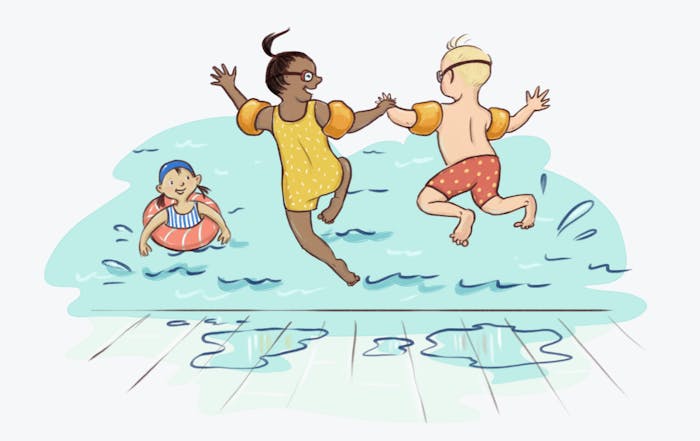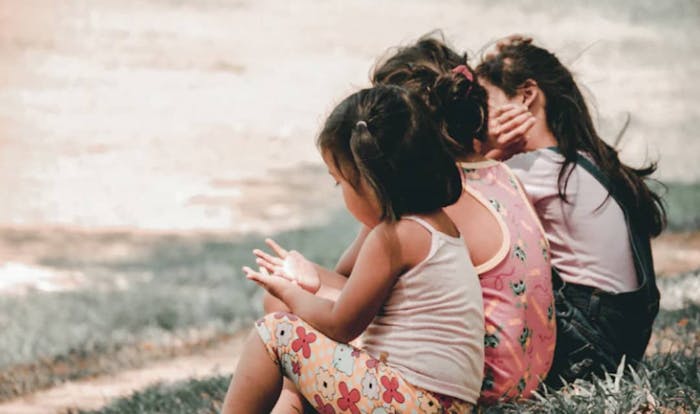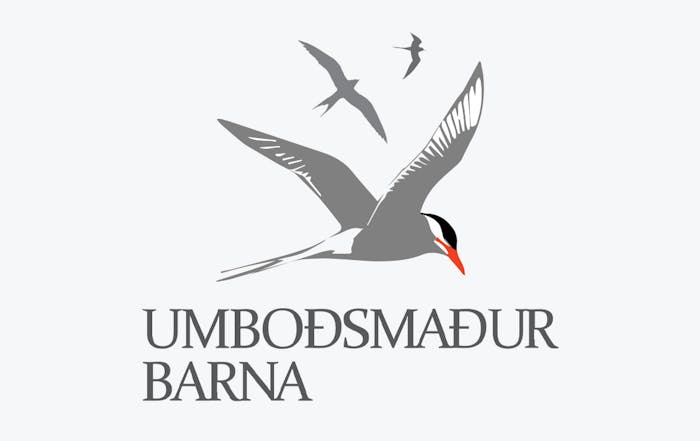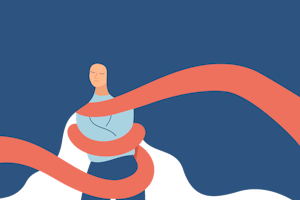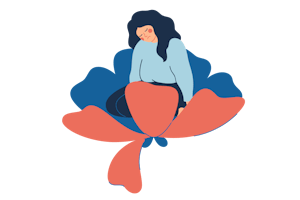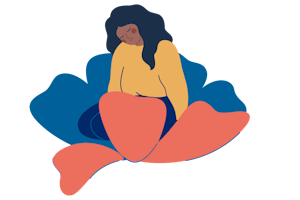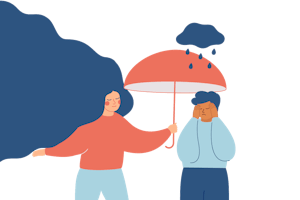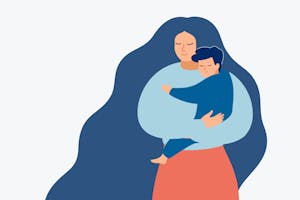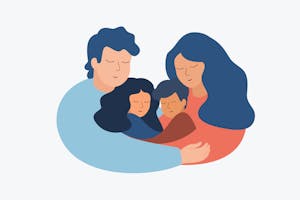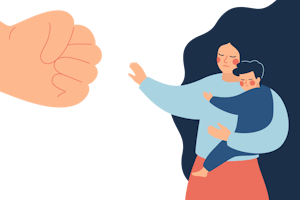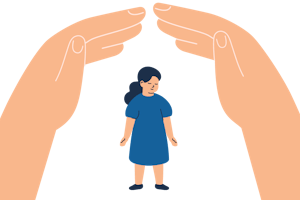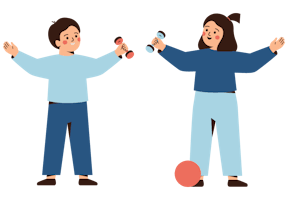Should I have my daughter genitals mutilated?
The answer is simple: No.
If you are being pressured to have your daughter mutilated, you can talk to your midwife. She will be able to guide you.
You can talk to a nurse at any health care centre.
Mutilation of children is both a child protection issue and a police matter.
You can go to Child Protection Services to prevent the mutilation from happening.
No matter what you have been told, this does not improve hygiene but increases the risk of infections. If she lives in Iceland and is mutilated, it will make her life more difficult, not easier.
It is your role as a parent to protect your child from harm, no matter how difficult it may be.
Responses you can use:
- I will not take risks with my daughter; she could die or must live with pain for the rest of her life.
- In Iceland, I have the choice to skip this tradition. That is why I choose not to do it.
- I respect human rights.
- I want my daughter to have control over her own body.
- I teach my daughter good morals and values so she will be a good person.
- I want my daughter to marry a good man who respects her and does not want to take anything away from her.
- I love and am proud of my country and culture – but not this tradition.
- Work is being done to stop female genital mutilation where this tradition still exists.
- Female genital mutilation is banned in more than 30 countries where it was practiced.

